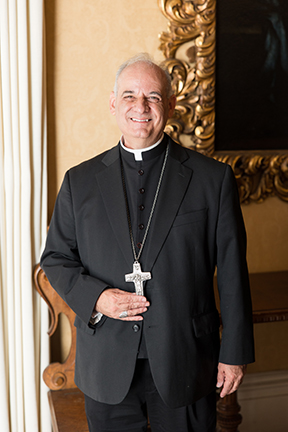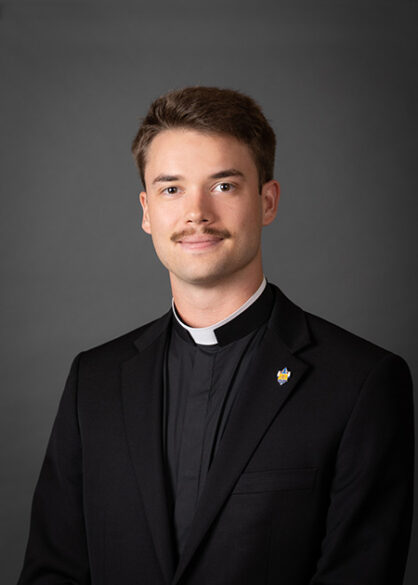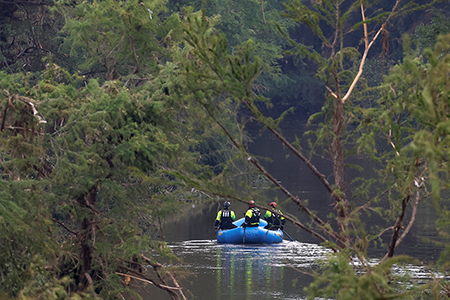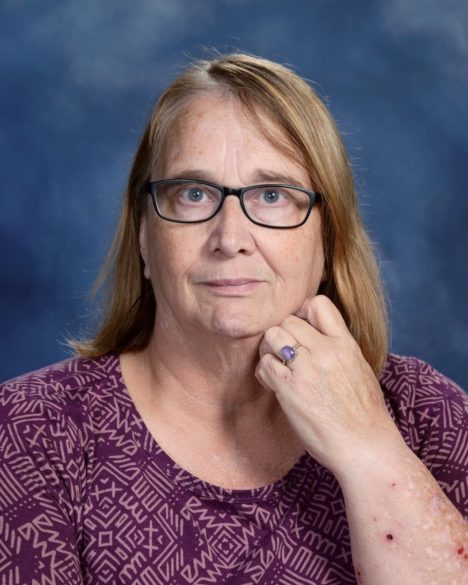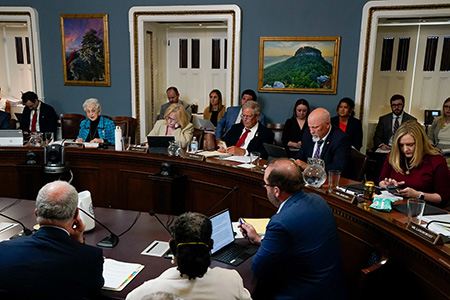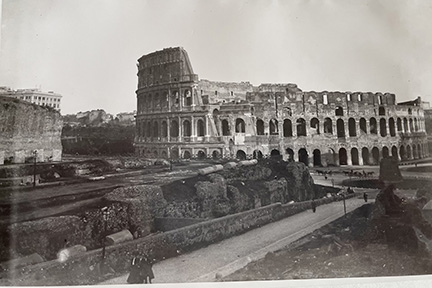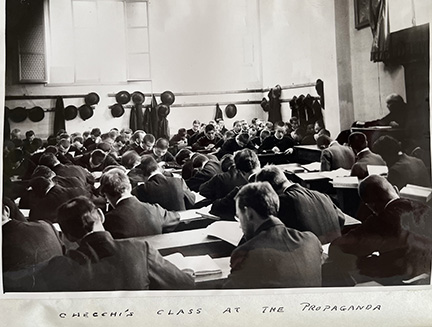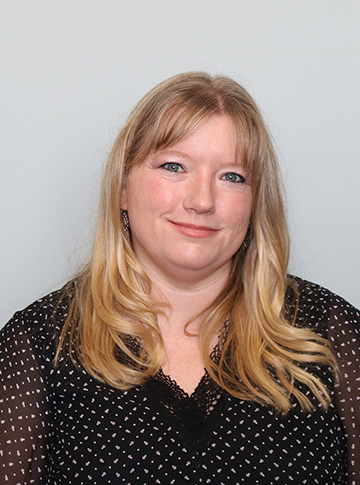By Joanna Puddister King
JACKSON – This May, a group of young adults from the Diocese of Jackson joined pilgrims from around the world in Spain, walking nearly 75 miles on the historic Camino de Santiago. Led by Father Lincoln Dall and organized through the Office of Young Adult and Campus Ministries, the 11-day journey invited participants into a rhythm of prayer, simplicity and deep encounter – with God, themselves and each other.
For civil engineer Samuel Rust of St. Joseph Parish in Gluckstadt, the Camino offered “a challenging yet simple way of life. A good reset from the hustle and bustle of daily life.” Rust had dreamed of walking the Camino for more than a decade, drawn by its blend of Catholic tradition and the spirit of adventure. “I encountered God most clearly in the people we met,” he said. “Everyone, regardless of nationality or language, was so friendly. We met people from five of the seven continents.”
Among the most memorable were a group of Taiwanese women the pilgrims kept running into – first during their free day exploring Ferrol, and again unexpectedly in the square outside the cathedral in Santiago de Compostela, after the pilgrimage had ended. “It felt like a perfect closing to the journey,” Rust said.
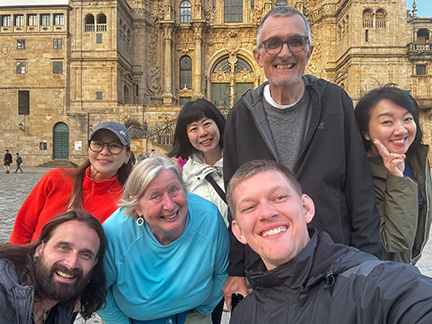
The group walked the Camino Inglés, or “English Way,” beginning in Ferrol on the northern coast of Spain. Daily Mass, simple meals, and shared conversations grounded the experience as they crossed Roman roads, cobbled paths and centuries-old villages. The physical challenge was real – “Walking on hard surfaces every day was tough on my knees,” Rust admitted – but the deeper movement was spiritual.
“It’s not just about reaching a destination,” said Amelia Rizor, who coordinated the pilgrimage. “It’s about what happens along the way. Everyone carried something different – grief, questions, transitions – but the Camino meets you where you are. You get to walk with God, in real time, step by step.”
This was Rizor’s first time walking the Camino, and she did so alongside the group she helped organize. “It was powerful watching these young adults – some Catholic, some not – experience moments of prayer and awe, and really open up to the quiet,” she said. “It was raw, it was beautiful.”
One image that stuck with her was a snail crawling slowly across the path. “It was just this perfect visual of the pace we were being called to. The Camino isn’t about rushing – it’s about slowing down enough to notice what God is showing you in the smallest things.”
Chandler Parker, a 23-year-old student at Delta State University and a Baptist, said the Camino helped him grow in his walk with Christ. “It taught me some great lessons on discipline and helped me go deeper spiritually,” he said.
Wes LeBlanc, 21, of Holy Cross Parish in Philadelphia, Mississippi, described the Camino as a glimpse into how God works across humanity. “Even though we are all driven by different beliefs, motives and experiences, God has laid down the path for us to follow,” he said. “All we have to do is pay attention in the silence and follow the signs.”
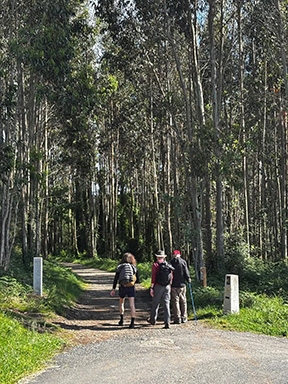
Father Lincoln, who has walked the Camino six times, said each experience is different – but leading young people from the diocese was uniquely rewarding. “They found God in coffee breaks, in blisters, in spontaneous conversations with pilgrims from Taiwan. It wasn’t a rigid itinerary – it was about letting each person encounter the Camino in their own way,” he said.
Also joining the group was Edgar Meyer of St. Richard Parish in Jackson, who teaches at the University of Mississippi Medical Center.
Whether it was the shared meals, the aching legs, or the quiet prayers offered in stone chapels, one thing was clear: the Camino left its mark. As Rizor put it, “They came home changed – and closer to Christ.”

